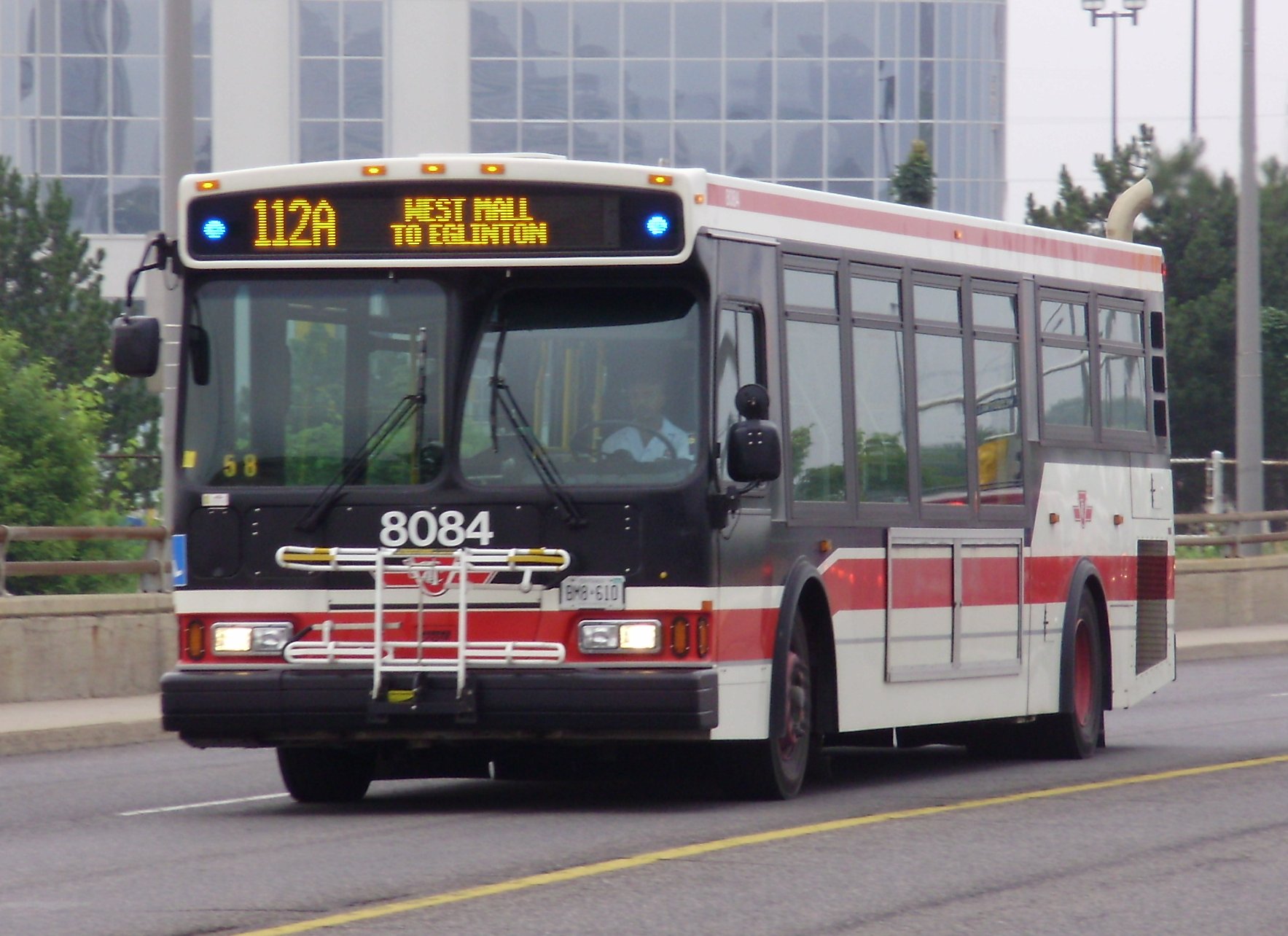
The Toronto Transit Company,
otherwise known as the TTC, holds a monopoly on transit throughout all of
Toronto. Despite criticism for inferior service and high prices, they continue
to hold a monopoly. The TTC can be classified as a monopoly because they are
able to set the prices meaning they are price makers. They are the only firm in
the market because although other transit companies exist, the TTC is the only
one that services the Toronto area. The TTC was able to create this monopoly
due to legal barriers, Economies of scale, as well as ownership and control of
resources.

Multiple legal barriers
exist because the TTC can be classified as a crown company which means it’s
owned and subsidized by the government. So even though there is no law saying
that no other transit company is able to operate in Toronto, it would defiantly
be discouraged by the government. The TTC is a publically owned company meaning
that it is given access to public services like roads. So when the TTC wants to
put a new subway line down Eglinton, they are allowed to. However, if a private
company wanted to tear up a public road for a few years to put in a subway, they
would defiantly be denied by the government.
These formidable legal
barriers are enough to deter other companies, but other barriers such as an
advantage due to the economies of scale exist. If the TTC wanted to order new
subway cars they would be able to order in bulk because they will have a large
demand for these cars. However, if a new startup company wanted to purchase
subway cars, they would only be able to order a few at a time because they wouldn’t
have much track to put the cars on. This means that they would not be able to
buy in bulk and therefore it would cost the new startup firm more per car than
it would cost the TTC. This would give the TTC a completive advantage over all
other competitors that may want to enter the market.

The TTC is also resembles
the characteristics of a monopoly because of its ownership and control of
resources. The first way this is shown is through their sheer size. Established
in 1954, the TTC fleet consists of 700 subway cars, 247 street cars, and 1800
buses. These vehicles serve the Toronto area with a grid network of four subway
lines, 11 street car routes, and more than 140 bus routes. The reason why a
competitive company could never compete with the TTC for transit supremacy is
because the resources the TTC has are just too overwhelming. A new company
could never hope to keep up with one that has been serving the city of Toronto
and compiling resources for the last 60 years. The second reason why an upstart
company couldn’t compete is because the TTC already has routes that cover all
the major streets in Toronto, especially Yonge Street. It would be pointless
for another transit company to try and compete because they would only get a
fraction of customers compared to the TTC. This is how the TTC shows that it’s
a monopoly based on its ownership and control of resources.

The TTC also resembles the
characteristics of a monopoly because of its pricing and strategic barriers to
entry. The TTC is a price maker, meaning they have significant control over the
price of tickets. The TTC is one of the most expensive transit systems in the
world but since they have no competition, prices aren’t a concern for
them. As a result, the TTC is free to hike up prices as much as they want
because there aren’t any competitors in the market and no substitutes.
This is why we believe that
the TTC is a perfect example of a monopoly. They have many legal barriers, have
barriers to entry through economies of scale, have ownership and control over
all essential resources, and finally, have pricing and strategic barriers to
entry.
By: David Lancaster and Christian Eisenhauer
Works Cited:
"Buying Tickets, Tokens and Passes." TTC. Web. 13 Apr. 2012. <http://www.ttc.ca/Fares_and_passes/Prices/Buying_tickets_tokens_and_passes.jsp>
"General Information." TTC. Web. 13 Apr. 2012. <http://www3.ttc.ca/Routes/General_Information/General_Information.jsp>.
"Schedules and Maps." TTC. Web. 13 Apr. 2012. <http://www.ttc.ca/Routes/index.jsp>.
"Subway/RT." TTC. Web. 13 Apr. 2012. <http://www.ttc.ca/Subway/index.jsp>.
It's a transit company. Think about it. Say it slowly. A. Transit. Company. Monopoly. Doesn't that sound weird? Exactly. Any transit company is NOT a monopoly.
ReplyDeleteโปรโมชั่น pg slot มากมาย เล่นง่ายจ่ายจริง แตกจริง ต้อง pg slot เท่านั้น! เล่นสล็อต พีจีสล็อต เว็บไซต์ตรงผู้ให้บริการเกมสล็อตออนไลน์ชั้นหนึ่ง ทกลอง เล่น ฟรี พร้อมโบนัส
ReplyDelete